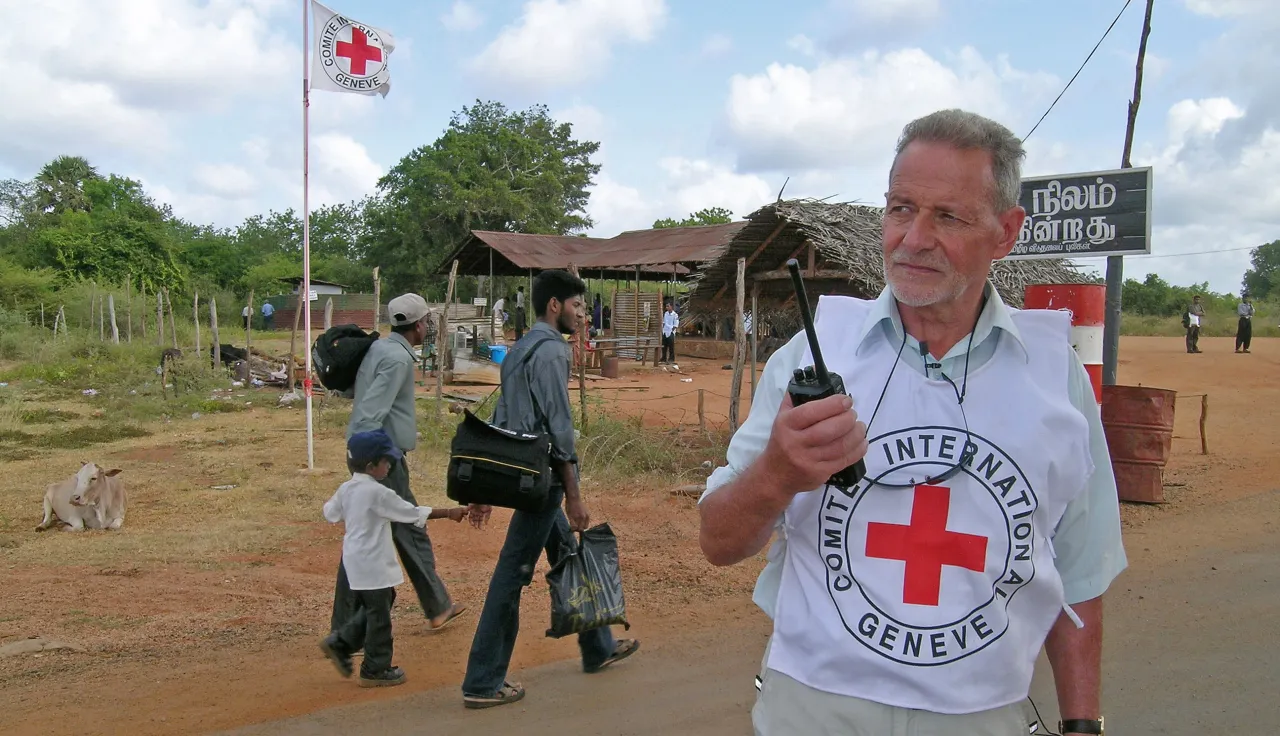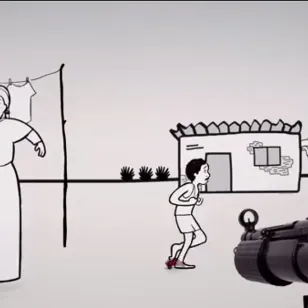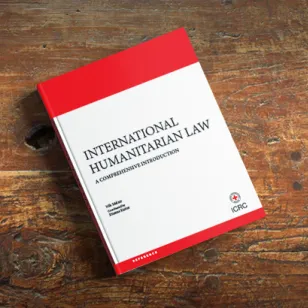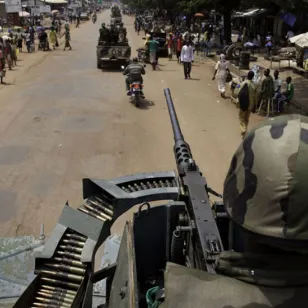Our protection work that saves lives
At the International Committee of the Red Cross (ICRC), our mission is to alleviate human suffering and promote respect for the rights of people affected by armed conflict and other situations of violence. As a neutral and impartial organization, we help ensure that the safeguards embedded in international humanitarian law (IHL) are respected, and endeavour to maintain a constant presence in areas where civilians are particularly at risk. We carry out humanitarian action in field operations that help and protect people not or no longer taking part in hostilities, and we seek to ensure their rights are respected by reminding the parties to the conflict of their obligations and responsibilities under IHL through bilateral and confidential dialogue.









